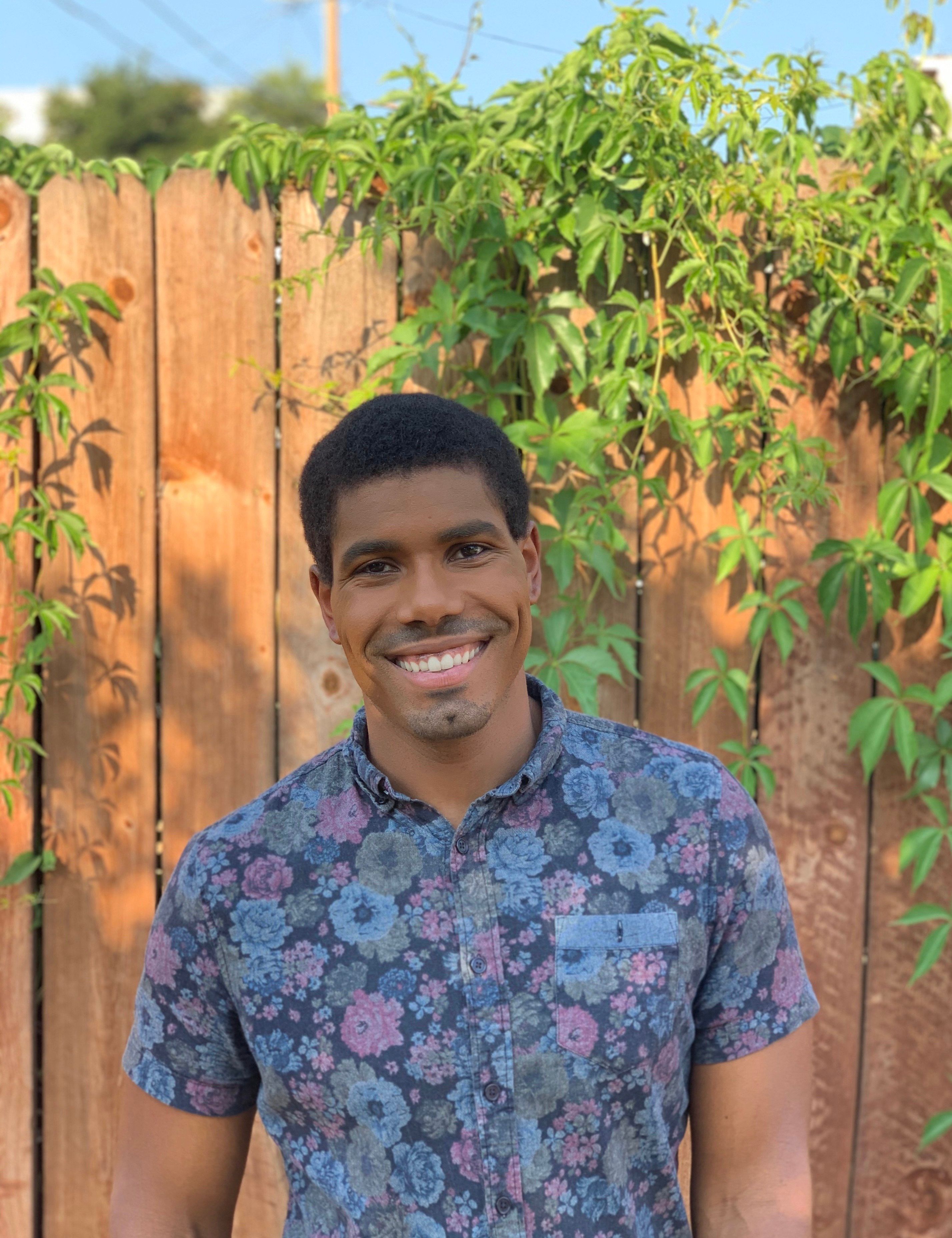Editor's note: if you're looking for even more specific guidance on summer programs and what options to consider this summer, make sure to check out our Summer Planning guide.
I want to come right out and say that if you are hoping for a step-by-step guide for what you’re “supposed to do” with your summer, you are going to be disappointed by what I have to say. I’m going to share some great (if I say so myself) tips about how to set yourself up to have a meaningful, enjoyable, and perhaps even productive summer – a summer that will help you grow and learn more about yourself and your path forward. Fun fact: that is what you’re “supposed to do” with those 104 days of summer vacation ‘til school comes along just to end it. This advice centers you, not your resumé, just as any good college counseling should.
Now, I will concede that there are some qualifications to that general rule. For example, you may need to keep your specific path a bit more in the fore if you are considering specialty programs like Pre-vet sciences, BS/MD tracks, or applications that require a portfolio. I’ll have some tips for students like you in here as well, but note that even to that rule I concede qualifications, not full exceptions. Life is all about nuance.
So, without further ado, I would like to share some tips on how to approach your summer planning, including advice on how you can really shine by spending your time on something you love, even if it doesn’t seem ‘impressive.’ I’ve split the options into two main categories, but I will constantly blur that line.
Academic and Career Development
This is the type of summer planning many of you are probably more accustomed to. This includes options like taking extra courses, participating in educational summer programs, securing internships, and conducting research. All of these are great options, and I will share a few tips about each, but parents and students should understand that these are not the only good options, nor are they inherently better than the options in the next category. In many cases, these options aren’t even separate from the options in the next category.
Extra Courses
- Who are they good for?
- Summer courses can be a great way to access courses that would otherwise be unavailable, either because they aren’t offered or because there are scheduling conflicts. Love physics, but your school doesn’t offer AP Physics? A summer course might be right for you!
- Some students turn to summer courses to continue studying a subject after they have reached the highest level available at their high school. If you’ve taken every social science in your course catalog or taken the highest level of math your school offers, you might be able to use a summer course to continue pursuing a field you find interesting.
- For students interested in BS/MD or Pre-vet programs, taking advanced STEM courses or animal science courses during the summer is often a helpful way both to prepare and to make sure the coursework in the major is enjoyable.
- Additional coursework is not inherently impressive. As with everything else, it’s more a matter of “why did you do it” than “what did you do.” When considering this option, remember that those transcripts stick with you.
- How can you find them?
- There are a few common options, and each is equally valuable:
- Enroll in a course at a local community college. Many states offer dual-enrollment or concurrent-enrollment courses to high school students.
- Find courses offered at other local colleges. UCLA, UVA, and Tulane are just a few examples of colleges that offer full-credit courses to high school students.
- Third-party academic institutions/resources like UC-Scout and Futures Academy provide flexible alternatives for accredited coursework up to the AP level.
- Some colleges even offer free “open courses,” which allow students to follow along with recordings of semester-long courses, including syllabi and assigned readings between lectures. These do not award credit.
- There are a few common options, and each is equally valuable:
Educational Summer Programs (Summer Enrichment Programs)
- Who are they good for?
- These are similar to extra courses, but they don’t usually come with grades. Summer enrichment programs are a great way for students to explore their interests without the pressure of securing a grade.
- Some programs, like Operation Catapult at Rose Hulman, are great for students who have a general idea of their interest, but need more exposure to hone in on their niche.
- Students who have more finely tuned interests might enjoy more specific programs like those offered at the School of the New York Times, which cover topics like Sports Management, Entrepreneurship for Social impact, and Journalism for Law.
- These programs can also be beneficial for students interested in specialty programs that require or suggest specific types of experience.
- Some of these programs are offered on college campuses, and students live in dorms for the duration. This can be an invaluable experience for students who are nervous about leaving home for college.
- How can you find them?
- Programs like these are offered by colleges and organizations all over the country. Google is actually one of your best friends here.
- The most important thing to keep in mind when choosing between these programs is what a student will get out of participating. Summer programs are not golden tickets to competitive college applications. As with most things, what a student gets out of the experience is what really counts. Some students have little to gain from participating in summer programs, and it’s important to keep the bigger picture in mind.
Internships (or career-focused volunteer positions) and Research
- Who are they good for?
- These options are great for (and only for) students with well-defined interests who can clearly identify what they want to gain from hands-on experience. Pursuing an internship just for the sake of adding another line-item on a resumé is one of the easiest ways to waste a summer. So, now that the daunting admonition is out of the way, let’s go over a few approaches to finding an internship.
- How can you find them?
- Internships can be found by checking local listings. Some organizations will offer volunteer or internship positions along with their regular job postings (“volunteer” and “intern” are the same word pronounced in different accents; you’re working for free). Museums, hospitals, aquariums, science centers, and other public-access institutions are great places to start the search. Local community centers will often have summer positions available. Students with more industry-specific interests can reach out to local firms, and many national companies have high school internships during the summer.
- Research positions come in a few shapes and sizes. There are independent research projects that students design and pursue either on their own or with a mentor, and there are existing research projects a student joins in a lab. In the case of the former, securing a mentor can be difficult, but there are groups like Polygence that can facilitate the process. In the case of the latter, students will need to do their research to find the labs and research projects that they’d be able to join. In many cases, reaching out to professors at local universities is a great option! Stanford actually has a step-by-step guide to help high school students interested in pursuing that last option.
Pursuing Hobbies and Personal Interests
This type of summer planning sometimes surprises families. Every year, I speak with students and parents who are surprised to hear me say things like “a summer cooking class is a perfect option for an aspiring biochemist.” But it is! And there are so many other great ways for students to spend their summers without focusing on their intended major. Preparing for college is not meant to be an exercise in pre-majoring; most universities are not asking students to become experts in their field before they apply! Nine times out of ten, personal development will strike a better chord than will resumé-padding. Colleges are excited by interesting people, not by impressive resumes.
That said, it still helps to have a plan! Whatever you decide to do, you should do it with intention. In many cases, you can even pursue your personal hobbies or interests by way of the same mechanisms a student might work on academic/career development.
Extra Courses
- Art, cooking, film, theatre, dance, and the like are all offered as summer classes, as well!
- “Traditional” academic courses can also be used to explore personal interests! If you’re hoping to study biomedical engineering in college, your regular high school coursework may be dominated by advanced STEM classes. So maybe summer is the only chance you get to take that Shakespearean Literature class you’ve been longing for. Maybe you take a heavy load of social science classes at school because you’re interested in political science – then summer may be your one chance to learn about human anatomy.
- In some cases, these courses can also be used to find the intersection of a personal interest and an academic one. Why might a cooking class be a great idea for an aspiring biochemist? Aside from the general love of cooking to satisfy, there’s also a great deal of chemistry involved in cooking! Why might an engineer benefit from a film class? There’s a great deal of optical physics and materials science involved in cinematography and lens-manipulation! Finding creative overlaps like these can make for some of the most enjoyable (and interesting) summer experiences.
Educational Summer Programs (Summer Enrichment Programs)
- The same information all applies here. Summer enrichment programs are not required proof of interest in a major. Lots of students use these to explore a field they love but don’t have the room to focus on during the rest of the year.
- For some students, these programs can help them produce portfolios that can be submitted with college applications to show the full breadth of the student’s talent. A great place to start researching these programs is through SummerApply.
- In some cases, students use these experiences to help them identify the type of community they want to be a part of in college. An engineering student who spends the summer at the Savannah College of Art and Design may find that they want more artists in their college community than a technical school would offer. A writer who has always imagined themselves at a small liberal arts college in a rural environment may fall in love with a big school or city campus during a summer enrichment program at a large public university. Some students even discover that they want to apply to special dual-degree programs like those offered at Tufts, Brown, Oberlin, and tons of other schools.
Less Formal Options
- I’ve given some ways the more formal and organized mechanisms can be applied to plan a summer of personal growth, but summer isn’t necessarily meant to be three months of scheduled entertainment. For a lot of students, the best way to explore their interests is to have more freedom to be freeform!
- Students who want more autonomy in the way they pursue their interests in the summer have nearly endless options for how to do so! Love reading? Start a book club with some friends! Nature enthusiast? See if you can catalog the foliage people can spot on various hikes in your state! History buff? Make it a mission to visit every museum in a 100-mile radius.
- There’s no limit to what students can do if they’re encouraged to value their interests and to come up with fun and interesting ways to pursue them. In the end, the most important thing is to have a plan that captures the experience and/or growth you are interested in!
In the end, there isn’t one perfect way to spend a summer, but there is a pretty solid approach to making sure yours is successful: rather than focusing on how your summer will look on your resumé, spend time thinking about how it will help you experience more of the life you want.
Want to learn more about summer planning? Check out our guide.
About Us: With more than twenty years of experience, Collegewise counselors and tutors are at the forefront of the ever-evolving admissions landscape. Our work has always centered on you: the student. And just like we’ve always done, we look for ways for you to be your best self - whether it’s in the classroom, in your applications or in the right-fit college environment. Our range of tools include counseling, test prep, academic tutoring, and essay management, all with the support of our proprietary platform, leading to a 4x higher than average admissions rates.



.png?width=600&height=200&name=Blog%20CTAs%20(7).png)



